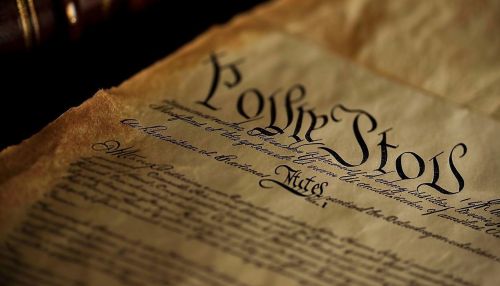Executive Agreements
Definition and Legal Basis
An executive agreement is a pact or accord made by the President of the United States with foreign nations. It is less formal than a treaty and does not require the advice and consent of the Senate. The legal basis for executive agreements originates from the U.S. Constitution, specifically Article II, Section 2, which grants the President the power to make treaties with the advice and consent of the Senate. However, it does not explicitly mention executive agreements. The validity of these agreements as an instrument of U.S. foreign policy has been upheld by the U.S. Supreme Court in several landmark cases.


Types of Executive Agreements
There are three types of executive agreements: sole executive agreements, congressional-executive agreements, and treaty-based executive agreements.
Sole Executive Agreements
A sole executive agreement is made solely on the authority of the President. It is often used in matters that fall under the President's constitutional powers, such as foreign relations and national defense. These agreements do not require congressional approval but are subject to judicial review.
Congressional-Executive Agreements
A congressional-executive agreement involves both the President and Congress. It requires the approval of a majority in both the House of Representatives and the Senate. These agreements are often used in trade policy, such as the North American Free Trade Agreement (NAFTA).
Treaty-Based Executive Agreements
A treaty-based executive agreement is made on the basis of a treaty already approved by the Senate. It is used to implement or interpret the treaty and does not require further Senate approval.
Historical Use of Executive Agreements
The use of executive agreements has been a common practice in U.S. foreign policy since the early 19th century. The first known executive agreement was made in 1791 between President George Washington and the Creek Nation of Native Americans. Since then, executive agreements have been used by every U.S. President, often more frequently than treaties.
Controversies and Legal Challenges
Despite their widespread use, executive agreements have been the subject of controversy and legal challenges. Critics argue that they circumvent the constitutional requirement for Senate approval of treaties, potentially undermining the system of checks and balances. Legal challenges to executive agreements have reached the U.S. Supreme Court, which has generally upheld their constitutionality.
Impact and Significance
Executive agreements have played a significant role in shaping U.S. foreign policy. They have been used to establish trade relations, form military alliances, and address a wide range of international issues. Their flexibility and expediency make them a valuable tool in the conduct of foreign affairs.
